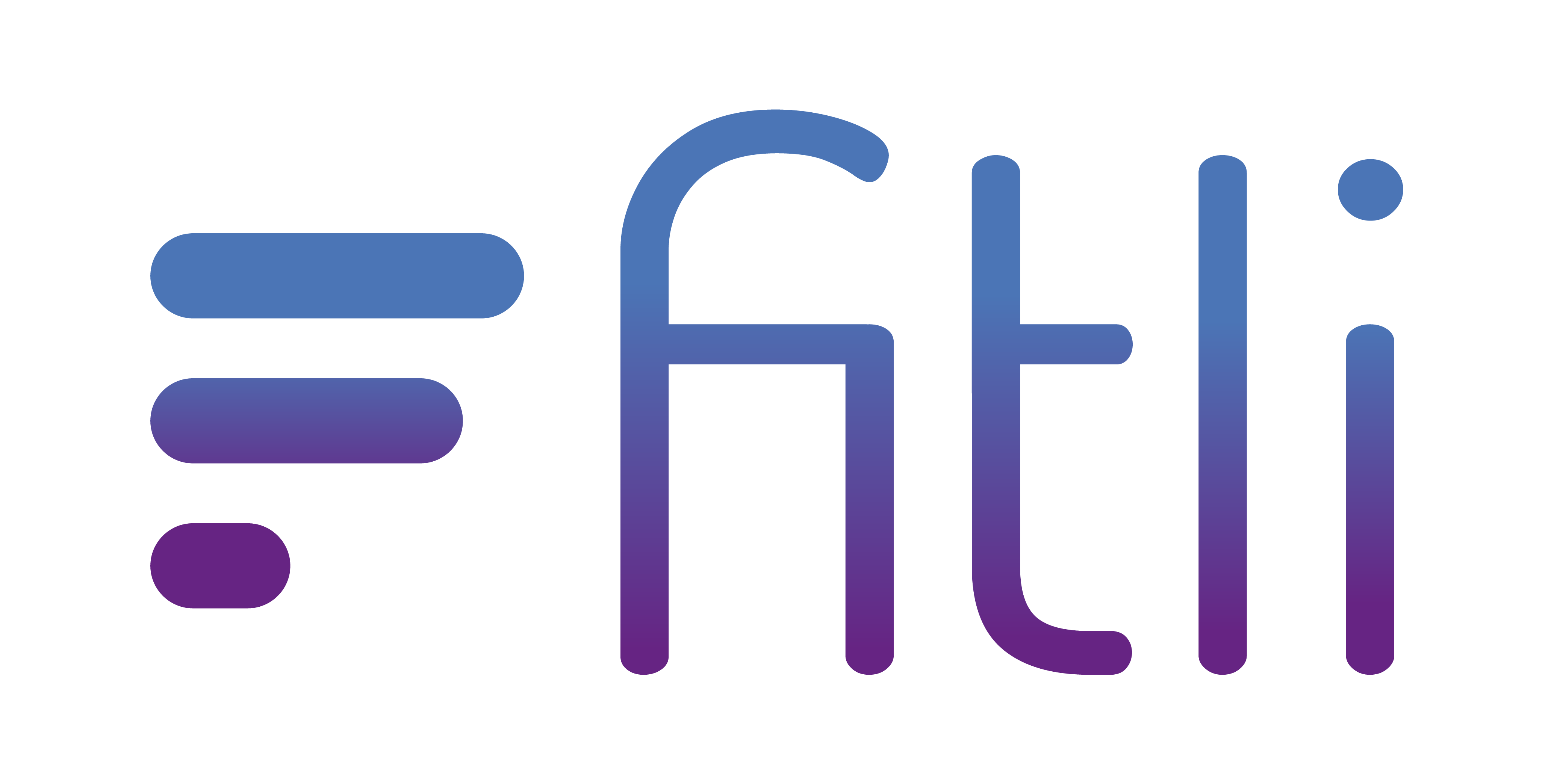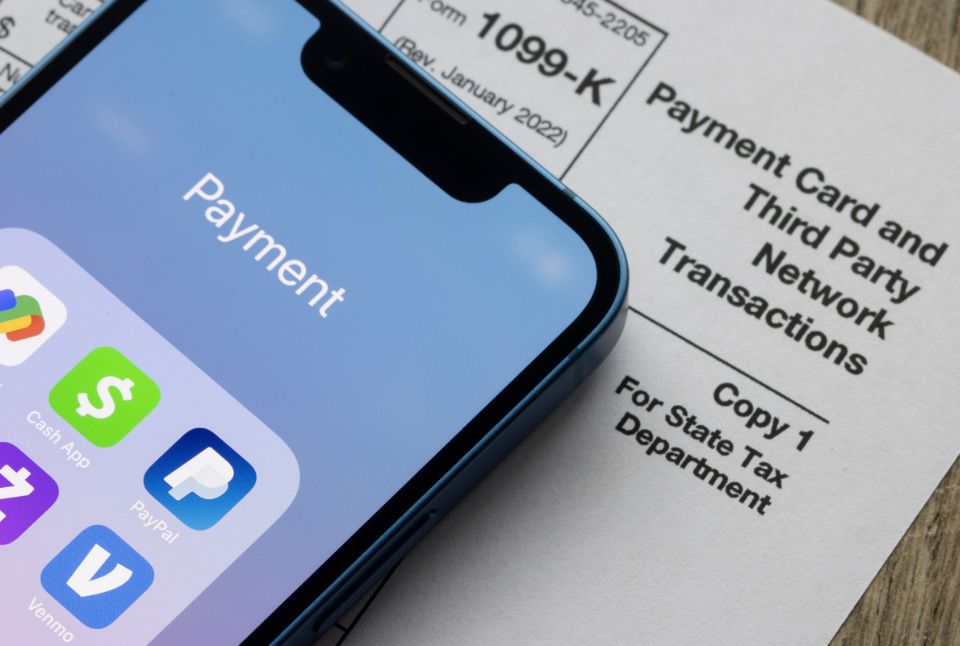Tax season is going to be a little less overwhelming than anticipated — thanks to the IRS delaying the implementation of the 1099-K $600 reporting threshold for another year.
It’s the same story after every holiday season. The dread starts creeping in right from the dawn of the new year. Business owners and tax preparers both bury themselves under hundreds of forms and plague-like stress. 2023 tax time was expected to bring double that stress due to the potential onslaught of 1099-K forms.
But much to our relief, the IRS decided to hold off on the new reporting rule for another year. The agency announced right before Christmas last year that the 2022 tax year will be the transition period and the new rule will only take effect from January 31, 2024.



